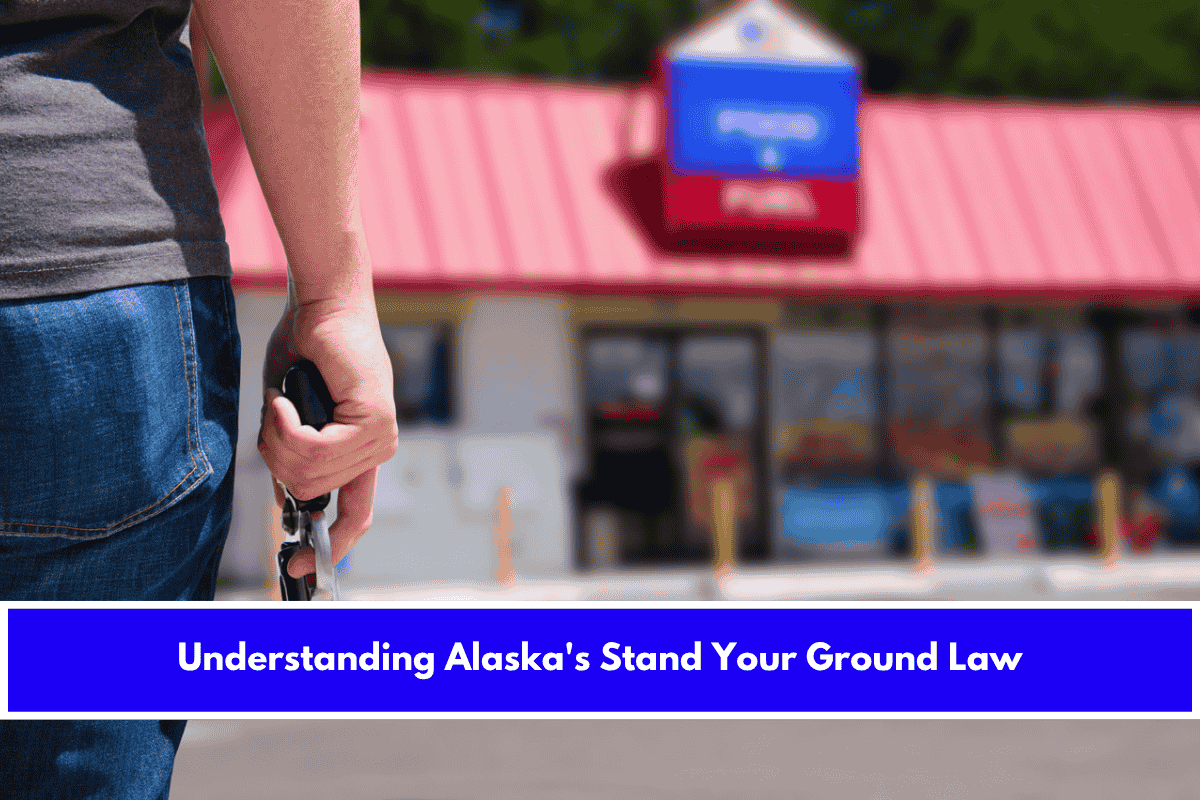Alaska’s stand your ground law is a significant part of its self-defense statutes, shaping how individuals can legally respond to threats in public and private spaces. Here’s a clear overview of how the law operates:
Key Features of Alaska’s Stand Your Ground Law
- No Duty to Retreat: Under Alaska’s stand your ground law, a person has no legal obligation to retreat from a threatening situation before using deadly force in self-defense—so long as they are in a place where they have a right to be. This applies anywhere, not just within the home.
- Use of Deadly Force: Deadly force is justified if a person reasonably believes it is necessary to prevent imminent death or serious bodily harm to themselves or another person.
- Reasonable Belief Standard: The use of force must be based on a reasonable belief that such force is necessary to defend against the threat.
- Castle Doctrine: Alaska also follows the castle doctrine, meaning there is no duty to retreat when attacked in one’s home (or, in some states, vehicle or workplace). Stand your ground laws extend this principle to public spaces.
- Lawful Presence Required: The law only protects individuals who are lawfully present in a location. It does not apply to trespassers or those engaged in criminal activity.
How It Works in Practice
- Self-Defense in Public: If someone is threatened in public and reasonably believes deadly force is necessary, they are not required to attempt to escape before defending themselves.
- Self-Defense at Home: The castle doctrine already removes the duty to retreat at home, and stand your ground extends similar protections outside the home.
- Limitations: The law does not permit the use of force against minor threats or for retaliation. The threat must be imminent and serious, and the person using force must not be the initial aggressor.
Comparison to Other States
| State | Stand Your Ground Law | Castle Doctrine | Duty to Retreat Outside Home |
|---|---|---|---|
| Alaska | Yes | Yes | No |
| Florida | Yes | Yes | No |
| New York | No | Yes | Yes (with exceptions) |
Controversies and Considerations
- Criticism: Some critics argue that stand your ground laws can encourage unnecessary violence by removing the requirement to avoid confrontation when possible.
- Support: Proponents maintain that the law empowers law-abiding citizens to defend themselves without fear of legal repercussions for not retreating.
Alaska’s stand your ground law allows individuals to use deadly force in self-defense without the duty to retreat, whether at home or in public, provided they are lawfully present and reasonably believe deadly force is necessary to prevent imminent harm. The law is designed to protect victims but remains a topic of debate regarding its impact on public safety.
Sources:
- https://en.wikipedia.org/wiki/Stand-your-ground_law
- https://giffords.org/lawcenter/state-laws/stand-your-ground-in-alaska/
- https://www.ncsl.org/civil-and-criminal-justice/self-defense-and-stand-your-ground
- https://www.akleg.gov/basis/Bill/Text/24?Hsid=SB0200B











Leave a Reply